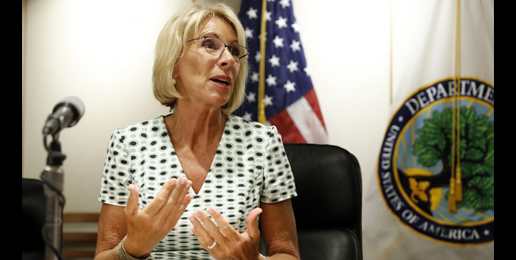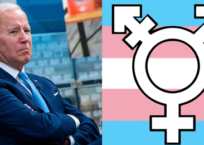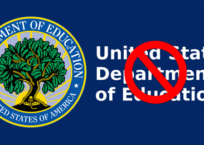
Written by Makenna McCoy
The U.S. Department of Education recently announced a new rule that aims to protect the First Amendment rights of students, teachers, and student organizations at public colleges and universities.
The final rule, entitled Improving Free Inquiry, Transparency, and Accountability at Colleges and Universities, serves to defend First Amendment rights in two primary ways. First, in order to receive grants from the Department of Education, public colleges and universities must uphold religious liberty and free speech rights. Second, public colleges and universities must treat religious student groups the same as any secular student group, providing them with the same rights, funding, and privileges.
In announcing the rule, U.S. Secretary of Education Betsy DeVos declared, “Students should not be forced to choose between their faith and their education, and an institution controlled by a religious organization should not have to sacrifice its religious beliefs to participate in Department grants and programs.”
Although the same guidelines for public universities do not apply to private universities, the rule does require private universities to abide by their own policies on freedom of expression in order to receive Department funding. WORLD also notes that the rule lays out “a shield for religious schools” by establishing that Title IX’s prohibition of discrimination based on sex, which some now claim encompasses sexual orientation and gender identity, is not binding for colleges “controlled by a religious institution.”
The new rule has been particularly beneficial for InterVarsity Christian Fellowship, a Christian campus ministry. Greg Jao, Director of External Relations for InterVarsity Christian Fellowship, pointed out that the rule was necessary because universities were accepting some faith-based student groups and refusing others. Most often, he says, the groups that were rejected were those that required their student leaders to comply with the group’s religious beliefs.
Jao also recognizes that the rule not only benefits Christian groups, but all religious organizations because “universities should welcome all religious groups equally, in order to encourage tolerance, pluralism and religious diversity.”
The Department of Education rule will go into effect 60 days after publication in the Federal Register sometime in November.
This article was ordinally published at NCFamily.org.






















